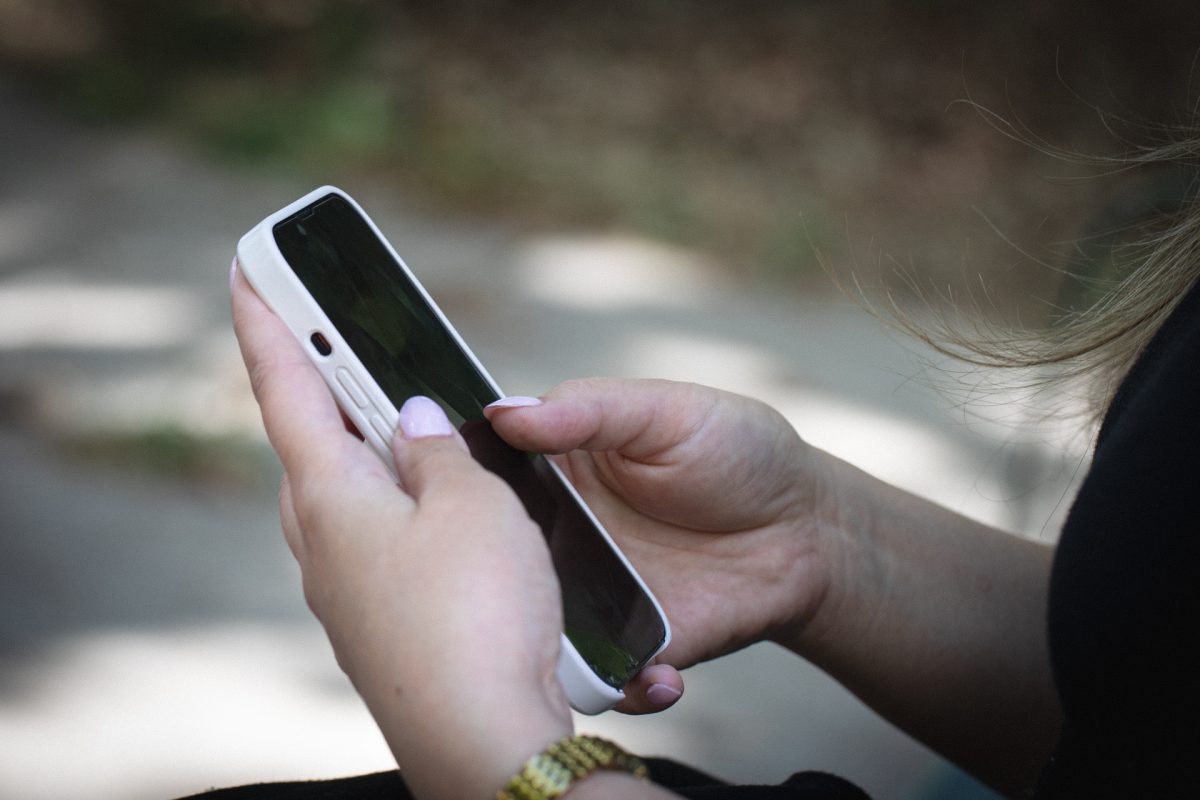
Even if you don’t use your phone to co-ordinate missile attacks, you might be surprised at the amount of sensitive information floating around in your group chats. Photo: Michelle Kroll.
Much as I am loathe to bring politics into this column, this week I cannot be silent.
I am talking, of course, about the White House group chat.
If you, like my wonderful best friend, have not heard about this, it’s as follows.
The US administration used a group chat to organise missile strikes the way I would use a group chat to organise a board games night.
Someone in the group added a journalist to the chat and from there it went about as well as you would expect.
But it gave me a moment of panic.
In much the same way as I wonder if, perhaps, I have illicitly smuggled cocaine into the country when I get a pre-recorded call from “Australian Border Security”, I briefly wondered if I had compromised national security in any of my group chats.
Fortunately for me I don’t have access to commercial drug networks or any kind of weapon more sophisticated than a tea towel, and I can never quite get the flick right.
But still I wondered – how well would the comments in my group chats stand up to journalistic scrutiny?
A quick scroll revealed that I should be safe based purely on the enormous number of typos.
I did call my best friends “pavement lickers”. In my defence, it’s a very fun insult and you should definitely try it out on your nearest and dearest.
Apart from the glaring typos, insults that are funny in private but probably less funny in public, and the occasional unintended emoji, the contents of most of my messages were fairly innocuous.
The worst messaging sin I have ever committed is sending a complaint about a housemate to said housemate in my 20s.
Awkward. Very, very awkward.
Not to get too deep though, there was a lot of personal information in there.
It wouldn’t take anyone who hacked their way in very long to figure out who I talk to regularly, where I spend most of my time, and what I do for work.
They could probably find some more personal information if they dug a little deeper.
Who hasn’t sent their bank details to a mate after paying for concert tickets or covering a night out?
Maybe older generations are more savvy – or maybe their vulnerabilities are different.
Either way, it’s a timely reminder to all of us that digital communication is never as secure as you think it is – and whether you’re a digital native or a national leader, some things are better said in person.
Original Article published by Zoe Cartwright on Riotact.


















